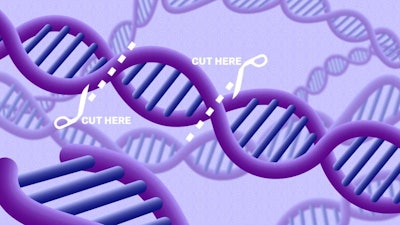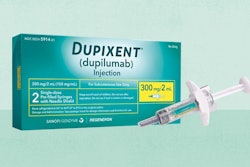A recent Fast Company article discussed a new development in the world of gene-editing. Previous mentions of CRISPR have alluded to a futuristic medical utopia where genetic ailments are edited out of existence like white-out on a rough draft. Though the technology won Jennifer Doudna and Emmanuelle Charpentier the 2020 Nobel Prize in Chemistry, we still haven’t seen a practical application we can wrap our heads around. Until now.
Vertex, a company focused on rare diseases, teamed up with CRISPR Therapeutics to develop a therapy to treat a rare genetic blood disorders like beta thalassemia and sickle cell disease. The drug is called exa-cel (an abbreviation of exagamglogene autotemcel), and it cost nearly a billion dollars to develop. Apparently, the drug rids patients of the need for blood transfusions, and the complications that come with them. Exa-cel is expected to seek regulatory approval in the U.S., U.K., and Europe by the end of 2022, which means it could receive marketing authorization in 2023.























